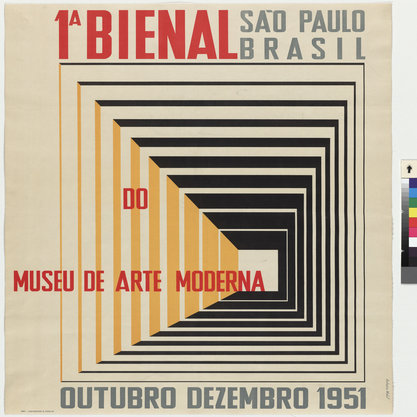Article
Windrush By Brown, J. Dillon
Article
‘Windrush’ is a term used to describe the post-World War II generation of writers from the English-speaking Caribbean who were published (and most often lived) in Great Britain. Although generally associated with postcolonial or Caribbean literary studies, many of these writers—including authors such as Wilson Harris, George Lamming, and Samuel Selvon—were seen by their contemporaries as inheritors of the tradition of modernism. Adapting the formally experimental tendencies of pre-war modernism to anti-colonial critique, members of the Windrush generation were widely celebrated in the British literary world as a vibrant new group of writers along the lines of James Joyce, D. H. Lawrence, and Virginia Woolf. Pioneering figures in the emergence of Anglophone Caribbean literature, they also represent a lesser-known strain of late modernism, one that seized on the unruly, oppositional, and utopian energies characteristic of modernist writing and focused them more firmly on issues of race, ethnicity, and empire.


